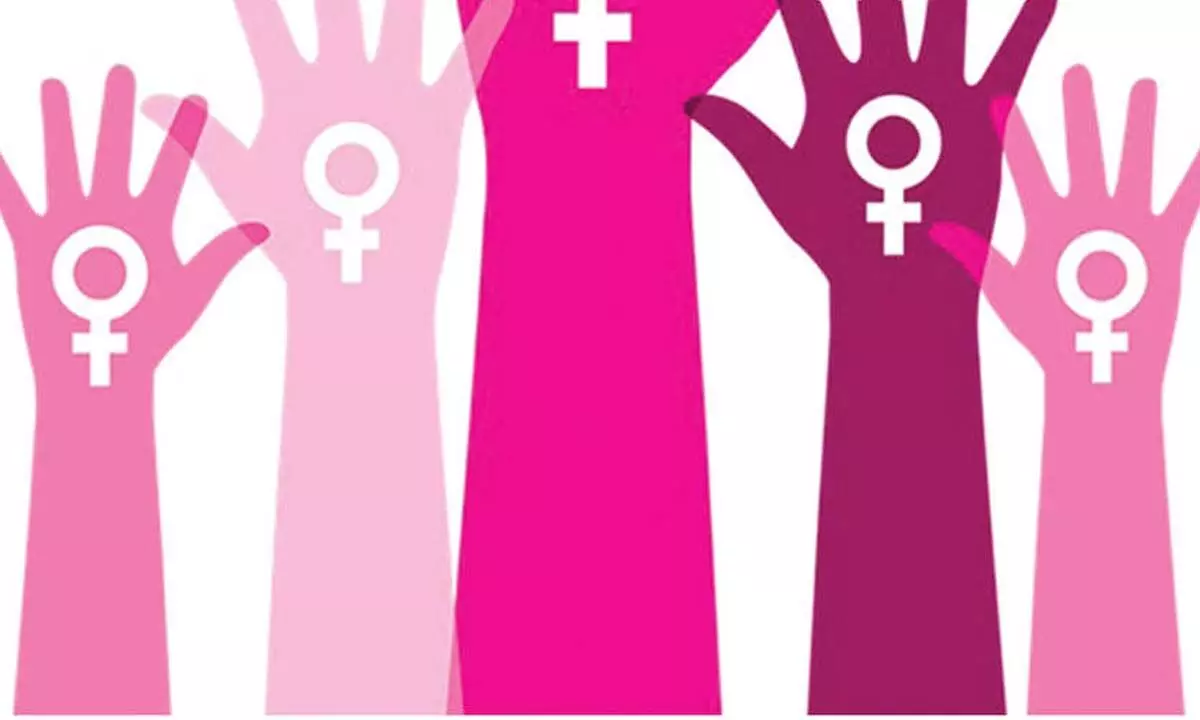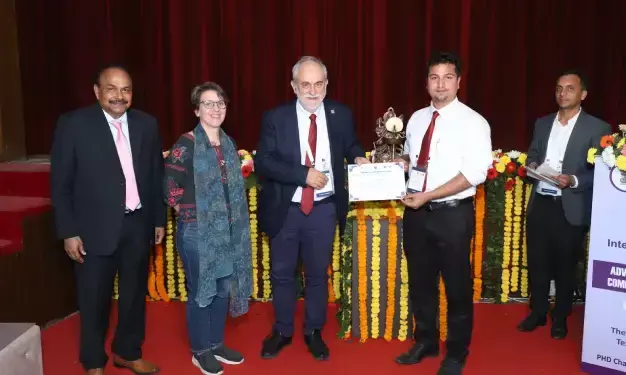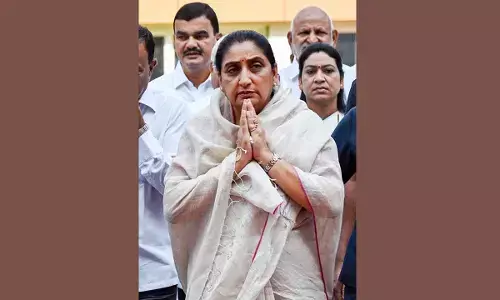Bridging the cultural reverence and societal realities

India is renowned for its rich cultural heritage and spiritual traditions that place women in high regard. Texts like the Vedas and epics such as the Mahabharata and Ramayana celebrate women as embodiments of virtue, wisdom, and strength.
India is renowned for its rich cultural heritage and spiritual traditions that place women in high regard. Texts like the Vedas and epics such as the Mahabharata and Ramayana celebrate women as embodiments of virtue, wisdom, and strength. Yet, despite this reverence, the country grapples with alarmingly high crime rates against women. This paradox raises pressing questions about the gap between cultural ideals and societal realities.
Indian society has a deep-seated cultural reverence for women, often expressed through religious and philosophical traditions that celebrate feminine qualities. However, this respect is frequently overshadowed by societal practices rooted in patriarchal norms. While cultural narratives extol women’s virtues, every-day practices often reinforce gender inequality. These contradictions highlight a dissonance between idealistic values and the lived experiences of many women.
One critical factor contributing to high crime rates against women is the persistence of patriarchal attitudes that permeate various levels of society. In many areas, traditional gender roles dictate that women are subordinate to men, leading to discriminatory practices and attitudes that undermine their safety. Additionally, socio-economic disparities exacerbate vulnerabilities, with marginalized women facing greater risks of violence due to limited access to resources and support systems.
Law enforcement and legal frameworks also play a significant role. While India has laws designed to protect women, including those against domestic violence and sexual assault, the enforcement of these laws is often inconsistent. Factors such as bureaucratic inefficiency, corruption, and a lack of sensitivity among some law enforcement officials can deter women from reporting crimes or seeking justice.
Cultural norms and attitudes can further complicate the situation. Victim-blaming, where the responsibility for the crime is shifted onto the victim, can discourage women from coming forward. This mindset not only perpetuates the cycle of violence but also undermines efforts to address and prevent gender-based crime effectively.
To reconcile the gap between India’s cultural reverence for women and the high crime rates, a multifaceted approach is required. Reforming legal and law enforcement systems to ensure robust protection and justice for women is crucial. Equally important is the need for societal change, which includes challenging and transforming entrenched patriarchal attitudes and promoting gender equality.
Educational initiatives that promote gender sensitivity and respect from an early age can contribute to long-term cultural change. Additionally, supportingeconomic empowerment for women and ensuring accessible resources for victims of violence can help mitigate the impact of crime and build a safer society.
India’s high rates of crime against women, despite its cultural reverence for them, highlight a critical need for societal and systemic reforms. Bridging the gap between ideals and realities requires a comprehensive effort to address both cultural attitudes and practical implementations of lawsand protections. Only through such concerted efforts can India hope to align its reverence for women with the ultimate goal of ensuring their safetyand dignity.
Educational initiatives that promote gender sensitivity and respect from an early age can contribute to long-term cultural change. Additionally, supporting economic empowerment for women and ensuring accessible resources for victims of violence can help mitigate the impact of crime and build a safer society











